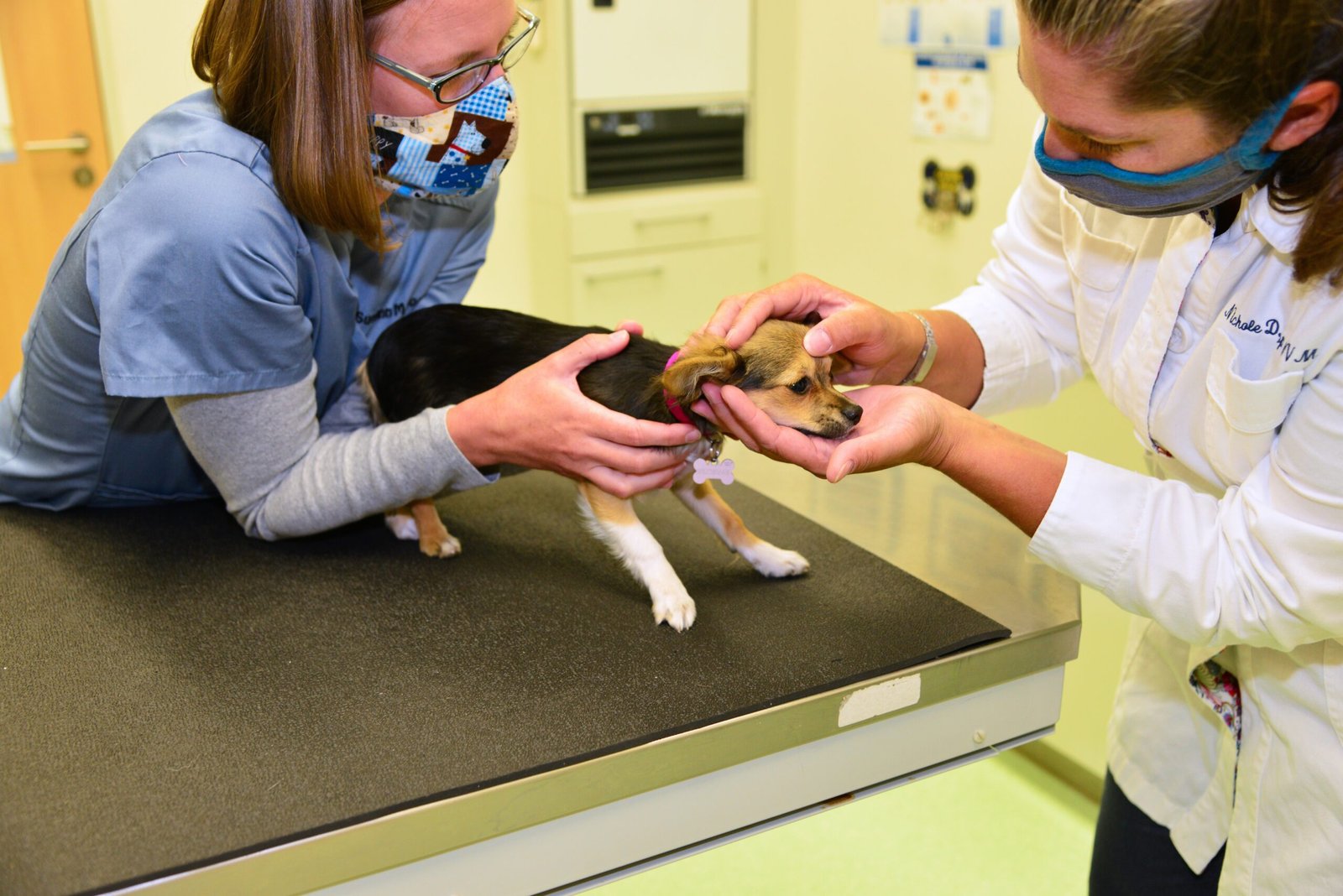Welcoming a newborn puppy into your life can be an exciting yet daunting experience, especially if the little one is orphaned. Without their mother’s guidance and nourishment, these fragile creatures rely solely on human care to survive and thrive. From proper feeding schedules to creating a warm, safe environment, every detail matters in their early development. With patience and dedication, you can give them the love and support they need to grow into a happy, healthy dog. This guide aims to equip you with the necessary knowledge and tools to take on this noble responsibility with confidence and love.
Understanding the Needs of a Newborn Puppy
Newborn puppies are much like human babies in their dependency and vulnerability. They are born blind, deaf, and nearly immobile, making them entirely reliant on their caregiver. Their needs are quite specific, requiring round-the-clock attention. From feeding to maintaining body warmth, understanding these needs is crucial to providing the best care. It’s important to remember that patience and consistency are your best allies in this journey. Think of it as nurturing a delicate plant, where every drop of water and beam of sunlight plays a vital role in its growth.
Creating a Warm and Safe Environment
A warm environment is essential for a newborn puppy, as they are unable to regulate their body temperature. A cozy nest can be created using a box lined with soft towels or blankets. Heating pads or hot water bottles wrapped in a cloth can provide additional warmth, but be careful to avoid direct contact with the puppy’s skin. The temperature should mimic the warmth of a mother’s body, around 85-90°F (29-32°C) for the first week. It’s like building a safe haven, where the puppy can feel secure and nurtured.
Feeding Your Orphaned Puppy
Feeding is one of the most critical aspects of caring for a newborn puppy. Without their mother’s milk, you’ll need to substitute with a high-quality puppy milk replacer, which is specifically formulated to meet their nutritional needs. Feeding should be done using a bottle designed for puppies, ensuring the nipple size is appropriate to prevent choking. Imagine feeding a tiny bird, gently and with great care, ensuring they receive all the nutrients they need for healthy growth. Feeding should occur every 2-3 hours, including nighttime.
Hygiene and Cleanliness

Maintaining hygiene is paramount for the health of the puppy. Newborn puppies need assistance with urination and defecation, as they cannot do so independently. After each feeding, gently stimulate their genital area with a warm, damp cloth to encourage them, much like their mother would with her tongue. Regularly wash and change their bedding to prevent infections and ensure a clean living space. Consider it akin to maintaining a clean and healthy environment for a newborn baby.
Monitoring Health and Development

Keeping a close eye on the puppy’s health and development is essential. Regularly check their weight, which should steadily increase each day. Be alert for signs of illness such as lethargy, diarrhea, or a decline in appetite. These can be subtle yet significant indicators that require prompt attention. Think of yourself as a vigilant guardian, always on the lookout for any signs of distress. If you notice anything concerning, consult a veterinarian immediately.
Introducing Socialization Slowly
Socialization is an integral part of a puppy’s development, but it should be introduced gradually. Initially, the focus should be on creating a bond with you as their primary caregiver. As they grow, gently expose them to different sounds, sights, and experiences in a controlled manner. Imagine it as introducing a child to the world, slowly and carefully, ensuring they feel safe and secure at all times.
Understanding the Importance of Routine

Establishing a routine is beneficial for both you and the puppy. Consistent feeding, sleeping, and playtimes help create a sense of security and stability. Puppies thrive on routine, much like humans who find comfort in daily rituals. This predictability provides them with the assurance that their needs will be met, fostering a sense of trust and attachment.
Preparing for Veterinary Care

Regular veterinary care is crucial for the wellbeing of the puppy. Schedule a check-up as soon as possible to ensure they are healthy and to receive necessary vaccinations. The veterinarian can also provide guidance tailored to the specific needs of your puppy. Consider it as consulting a pediatrician for a newborn, ensuring they receive the best possible start in life.
Building a Lifelong Bond
Caring for an orphaned newborn puppy is a rewarding experience that lays the foundation for a lifelong bond. The love and dedication you invest in their early days will be reciprocated with loyalty and companionship. It’s like planting a seed of love that will grow into a magnificent tree, providing shade and comfort for years to come.
Conclusion
In conclusion, caring for an orphaned newborn puppy requires patience, dedication, and a lot of love. Each small step you take is a stride towards ensuring their healthy development and wellbeing. By understanding their needs and providing a nurturing environment, you are giving them the best chance to grow into happy, healthy dogs.





